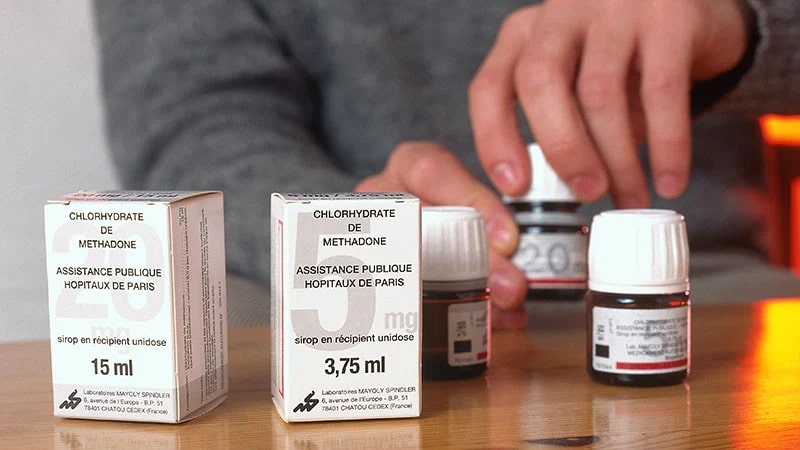The rapid evolution of the prescription drug market raises major concerns among Abarca executives. Among the current challenges, the issue of drug shortages has never been more crucial, exacerbated by geopolitical tensions and supply chain problems. Additionally, the necessity for continuous innovation in research and development has become essential to meet the growing demands of patients. Changes in the perception of pharmacies and their new role as centers for advice and wellness add an additional dimension to this dynamic. Finally, the constantly rising costs of treatments remain a problem that should not be overlooked, impacting both professionals and patients.

The geopolitical tensions and fluctuations in the global market impact the supply of prescription drugs. The issues of shortages are worsening, and these interruptions highlight the necessity for a solid regulatory framework to guarantee access to essential treatments. Decisions made at this level can influence the availability of critical medications, directly affecting public health. Thus, proactive management of these concerns is essential to ensure continuity of care and the protection of patients.
Rising Drug Costs
The costs of medications have seen a significant increase, an evolution that does not go unnoticed by stakeholders in the health sector. Patients often find themselves faced with overwhelming medical bills, even for essential medications like insulin or amoxicillin. This situation calls for a reevaluation of pricing practices and the implementation of measures to reduce the financial pressure on consumers. Health centers and pharmacies must adapt their approach to continue providing adequate services while taking into account current economic realities.
Trends in R&D and Innovation
Companies are increasingly investing in research and development of new treatments to address emerging health needs. Personalized medicine, the use of technology, and collaboration among professionals are initiatives that can transform how medications are designed and distributed. The success of these innovations could not only improve therapeutic efficacy but also optimize the patient experience. These efforts reflect a growing commitment to sustainable health that is accessible to all.
In the dynamic landscape of prescription drugs, certain trends are emerging, which raise increasing concerns for healthcare professionals, including those at Abarca. The first notable trend is that of drug shortages, exacerbated by logistical challenges and geopolitical instability. The shortages of essential treatments such as albuterol and insulin raise concerns about access to care, making it urgent to develop an action plan to secure supply.
Furthermore, the shelf life of medications plays a crucial role in supply management. Companies are often compelled to adhere to strict regulations, particularly regarding safety and efficacy. This can result in delays in bringing new treatments to market, further burdening patients and healthcare professionals. The necessity for a more flexible regulatory framework is therefore pressing in order to foster innovation while ensuring patient safety.
Additionally, the rising costs of medications are concerning. The increase in expenses related to certain treatments, such as insulin, directly impacts the healthcare budget of patients and health systems. This evolution raises the question of fair access to care, making it essential to have a dialogue around drug pricing policy and management strategies.
Finally, the shift towards digital health solutions and personalized treatments poses both an opportunity and a challenge. While these advancements can improve treatment adherence and health outcomes, they require significant investments in research and development. Abarca, while keeping an eye on these trends, will need to navigate these challenges to optimize its care model.














